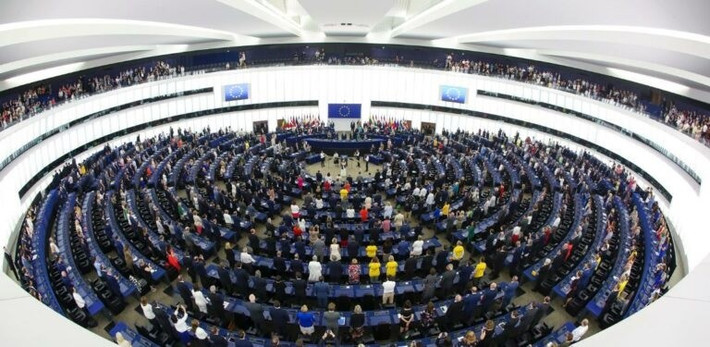
The European Parliament is embarking on restructuring its institutional offices to deal as much as possible on an equal footing with the Commission and the Council, for example, in the case of trialogues. The idea is to specialise the structures of officials, increasing collaboration between the various offices, since, some of them explain, “when we deal with the Commission, we are often in difficulty because they have such a large number of staff that it is almost impossible for our structures to analyse the proposals all the way through.”
The Commission has over 32,000 employees, and the Parliament has about 8,000, which is four times less, resulting in delegations that meet with a clear imbalance of potential.
The idea is to split the current Directorate General for Internal Policies into four Directorates General to allow for greater specialisation, parliamentary sources explain—and increase support for Parliament’s core activities (legislation, budget, scrutiny). Added to this is the transfer of the Directorate for Legislative Coordination and Committees to the relevant Assistant Secretary General to ensure better horizontal coordination between the new and existing entities.
The package was approved by the Conference of Presidents that met yesterday in Strasbourg, and being an internal reorganisation will not go through the Chamber.
The Parliament assures that the proposed restructuring of the secretariat and the resulting redeployment of staff will be budget-neutral (i.e., it will take place within existing posts and budget, at no additional cost). For the second year in a row, Parliament has not requested any additional permanent positions in its establishment plan for the 2025 budget.
So, the goal is to better support MEPs in their legislative, budgetary, and control work by providing highly specialised. “The problem,” explains one source, “is that dozens of legislative proposals arrive from the Commission on the most diverse topics, sometimes extremely complex, and currently, it is difficult for us to analyse them in detail. The result, complain some “legislative” officials, is that “often the Commission manages to push through its initiatives without us even having a way to realise it.
The goal is to ensure that the staff is as specialised as possible and develop the best possible collaboration between the various subject areas. Somewhat like what happens now with the EU Budget, where the main rapporteur, the one from the Budgets Committee, is joined by other members from the other committees to get as broad and detailed an overview as possible.























